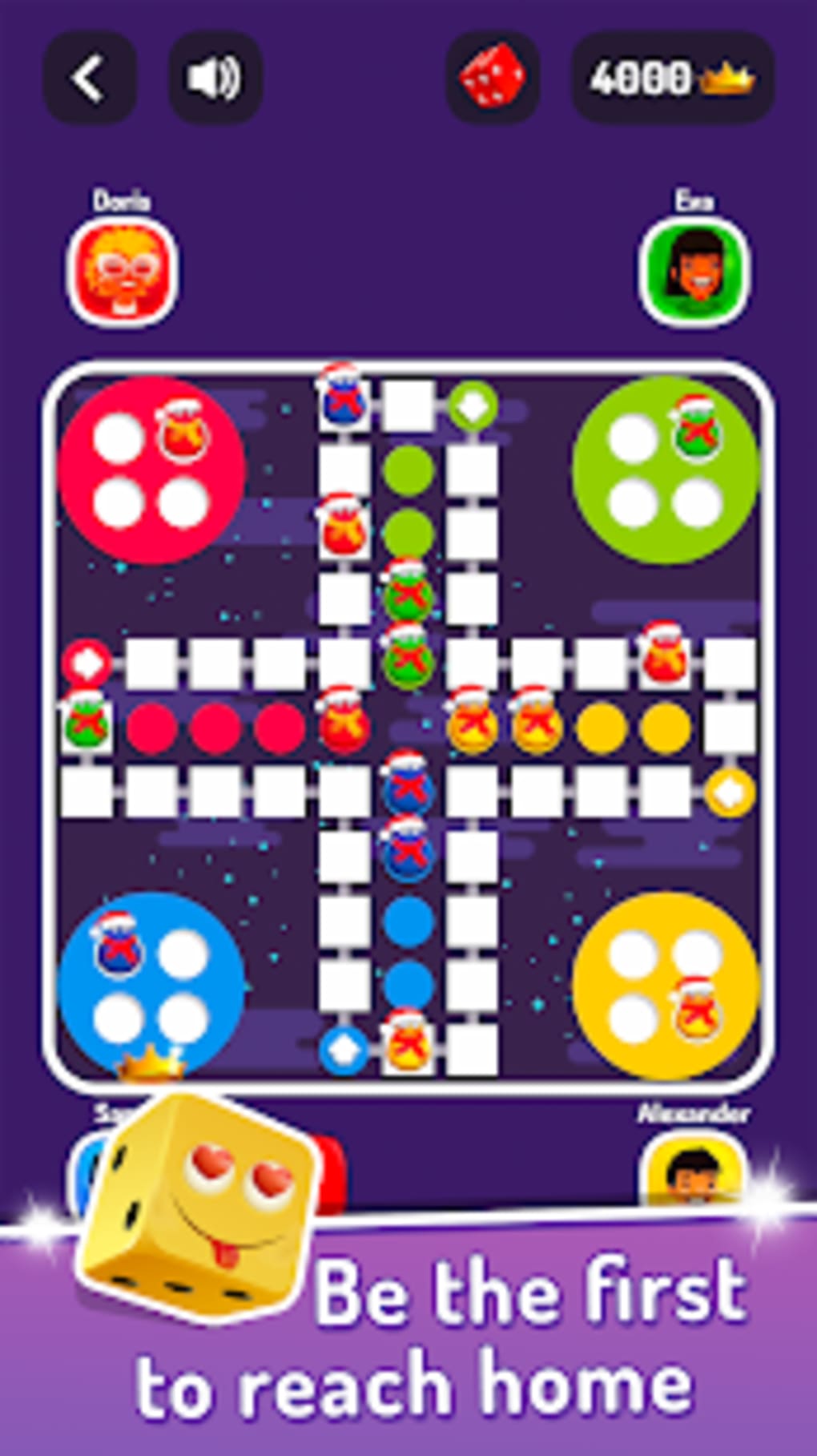

Form teams of older kids working with their younger siblings, or choose a game like The Brainiac Game or Race Across the USA, which have questions tailored to grades 1-6, so everyone’s challenged fairly.Ħ.

But in addition to teaching them that nothing is guaranteed, board games are a good way to encourage kids of different ages to team up and work together - something they'll need to do throughout life. “Finishing a board game without interruptions will help lengthen the declining attention span of kids in a world filled with digital distractions.”īoard games often offer kids meta-messages about life: Your luck can change in an instant, for better or for worse.
#TROUBLE GAME RULES ROLLING A 1 FULL#
“If your family sits down for a game of Chinese checkers, be sure to complete a full game without everyone checking their phone, asking Alexa to play a song, or turning on the TV for the latest football scores,” adds Prior. But to reap the benefits, everyone needs to commit to seeing the game through to the end.

“Board games, when played without interruptions, can help lengthen a child's attention span,” says Prior. Meanwhile, games in which players have to remember several pieces of information at once (who did what, and where) might help a child who’s having trouble with reading comprehension - all while still having fun.

Have a reluctant reader? A round of the BOB Books Happy Hats Beginning Reading Game will help them expand their vocabulary and flex their spelling skills. “Those frontal lobes are responsible for executive function skills, which include planning, organizing, and making good decisions."īoard games can be a sneaky way of helping school-aged kids work on skills they’re struggling with. “Strategy games are useful in helping the frontal lobes of the brain develop,” says Beatrice Tauber Prior, Psy.D., a clinical psychologist, author, and owner of the private practice Harborside Wellbeing. They get older kids' brains buzzing, too.īoard games are an easy way to encourage healthy brain development in older kids and teens. Plus, learning to wait your turn and follow the rules are important lessons that serve kids far beyond the living room floor.Ģ. Board games offer opportunities for early learning.Įven simple games help young players identify colors, count spaces, and develop hand-eye coordination and dexterity in moving cards and pieces around the board. You lose with any other combination of the dice.1. You win if you roll two or more of your chosen value (you choose 3 and roll 2+ 3's) in a roll of Chuck-A-Luck. You win if you spin a 3, 13, 23, or 33 in Double Roulette. Some of these "wins" are harder and thus provide better payoffs (for example, spinning a number between 1-4 in Roulette is harder, and thus pays better odds, than simply spinning a number between 1-18). There are many ways to win each of these games. If people win every day in Las Vegas gambling casinos, why do the casinos always take in more money than they pay out? Use a specific probability example to explain your answer.Ĥ. (Hint: Your expected "winnings" would always be negative, but how much would you expect to lose?)ģ. 42, and you do NOT roll your winnings into another game. Imagine a scenario where you'd put one dollar on each of five games, each with a probability of winning of. 42 translate into an expected amount won if you had $5.00? Assume that each time you win, you double your money, and each time you lose, you lose what you bet.Ī. To win at these games seems quite easy! Use you knowledge of probability to compute the likelihood of winning each of these games and rank them from best to worst odds. What's the likelihood of winning anything after one roll? Explain your answer.ĭ. Chuck-A-Luck: To win any money, at least two of your dice must show the same number. What's the likelihood of winning after one trial? Explain your answer.Ĭ. What's the likelihood of winning after one roll? Explain your answer.B. : Either roll or a 7 or 11 on the first roll, OR match the point value on a subsequent roll. Given the rules of the different games of chance described in the sheet you downloaded, think about your odds of winning in each of these three scenarios:Ī. Having trouble with these four questions:ġ.


 0 kommentar(er)
0 kommentar(er)
